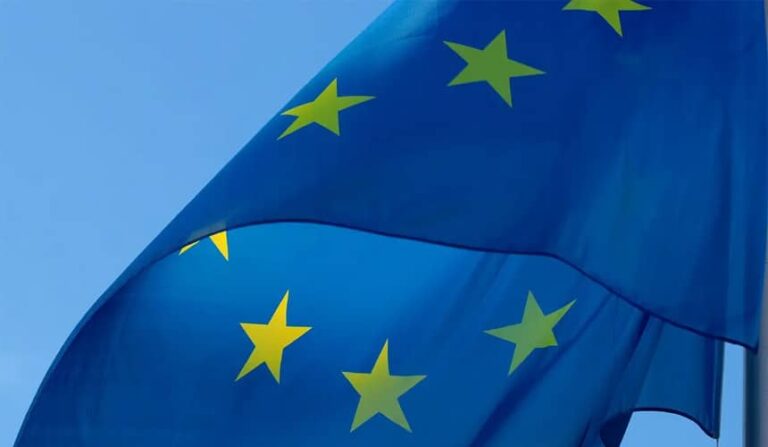Italy’s Move to the Right and the Implications for Global Development
After the collapse of Mario Draghi’s government in July, Italian voters went to the polls to elect a new parliament on September 25. The elections were the first to be held following the constitutional referendum in September 2020 which reduced the number of deputies and senators by half, from 630 to 315 and 400 to 200 respectively. The right-wing coalition spearheaded by the ‘Brothers of Italy’ (FdI) under Giorgia Meloni’s leadership won the election, which saw the lowest turnout in the history of the Italian Republic (less than 64 percent compared to 73 percent in 2018) with around 44 percent of the votes in both chambers. The coalition government will likely be based on an alliance between the Fdl, who took 26 percent of votes, former Interior Minister Matteo Salvini’s ‘League’ (Lega), and former Prime Minister (PM) Silvio Berlusconi’s ‘Forward Italy’ party (Forza Italia or FI).








